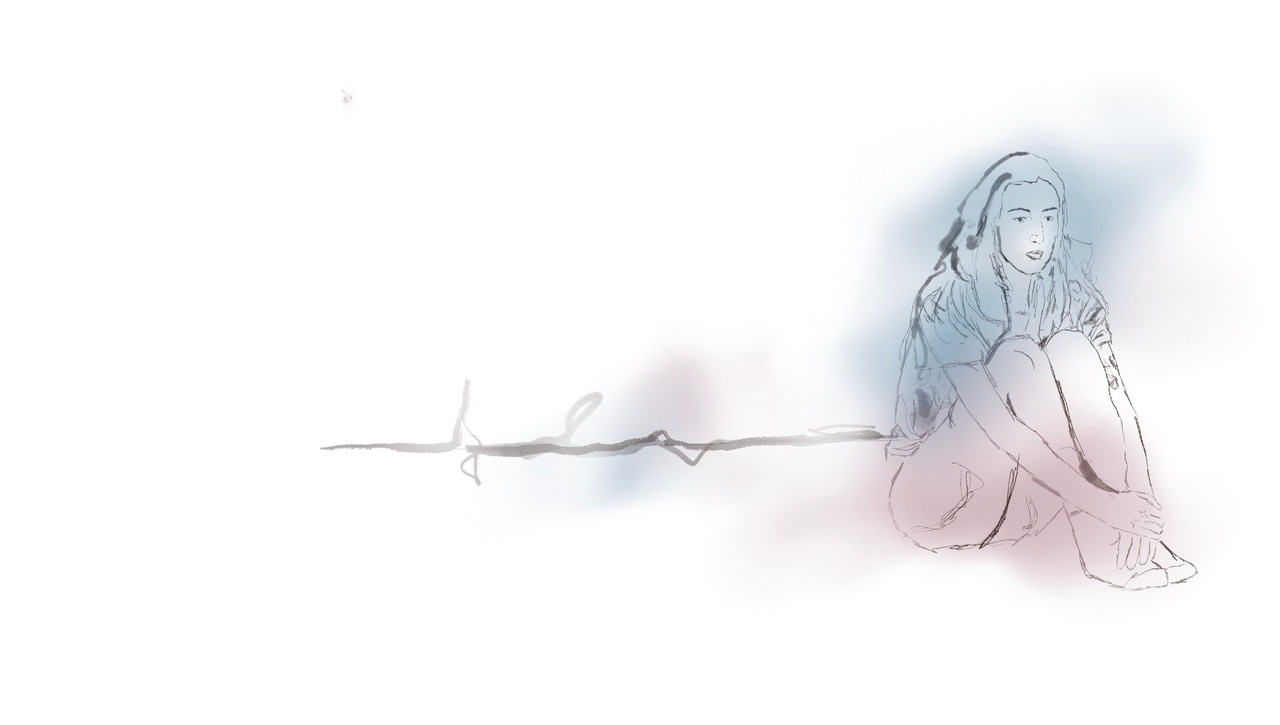The realities of being a researcher with Major Depressive Disorder

I wear my heart on my sleeve. This has often comes with its repercussions, most of them stemming from a place of doubt, fear, or lack of understanding. Something I have learned throughout my journey as a Laidlaw scholar is that you cannot progress without asking questions. However, questions cannot be asked if there is no awareness of a subject.
I’ve been battling major depressive disorder (MDD) for well over a decade. It is not embarrassing to share this so publicly; it is however very daunting. I feel the need to do so because it is seldom mentioned that us researchers, us change-makers, us leaders may have a very personal burden to carry. Perhaps the biggest weight on my shoulders is my coexistence with my MDD. This might be a shock to some that know me, as it is a reality I don’t often show. Precisely that is the crux of the matter. Something I have learned throughout this long battle is that there are many different realities to the same narrative. How can this be? How does this impacted my puzzle making? (If you are not aware of the puzzle I am referring to please direct yourself to my previous blog).
The reality is that I have poured my heart and soul into my research. A synchronous reality is that it takes the same amount of mental force for me to get out of my bed than it requires to accelerate the Earth at the correct rate (227 billion Newtons). The reality is that I have a to do list of experiments throughout the day that must be completed in a precise order, with specific time sensitivities and a distinct care. A corresponding reality is that I must mentally push a two-ton truck up a blizzardy mountain to put a ballpoint pen to my lab book. It is a constant never-ending battle to hold more than one thought in my brain and yet I hold about a million in sequence, order, and precision. The reality is I have gone out with my Laidlaw cohort, whom I now consider my dear friends, every single night. The proportionate reality is that mustering the courage to laugh at something that I honestly find funny, is about as difficult as calculating the number of atoms in the Pacific Ocean.
These alternate realities are often, if not always, invisible to all. Nobody congratulates you for writing the date in a lab book or walking up to fetch ice for the next experiment or saying a genuine ‘how is your day going?’. These things are taken for granted because they are ‘simple tasks’ or expected from you in a work environment and social life. What you may take for granted as a simple task from your colleague, your newfound friend or junior researcher are tasks that for someone like me, take months of energy compressed into single seconds.
Laidlaw, but more so, my lifelong battle has allowed me to understand that all these realities can coexist. Even so, there are days I do not want to accelerate the Earth or push a two-ton truck up these mountains or count the atoms in the ocean. On those days I remind myself of something a very wise woman once told me: ‘O te levantas o te hundes’ which translates to ‘Either you get up or you drown’ and I remind every cell in my body that I actively choose not to drown.
I share this not because I personally want a congratulations or a pat on the back but because I know that someone in your office, your lab, your social circle will also be struggling. Something I have learned over these tough years is that it weighs a lot less to laugh when someone thanks you for trying, even if you aren’t getting it 100% right. It is easier to write down the date in your lab book when someone acknowledges that it can be difficult sometimes. It is easier to push the truck when you know that you don’t have to do so alone, and it is okay if the truck doesn’t reach the peak of the mountain every day.
So, next time, take a moment to take action. Next time, maybe thank your collogues, friends, lab researchers for the ‘small tasks’.
I would like to thank the Laidlaw foundation for taking a constant interest in mental health. I would like to thank Dr Cassice Last, Dr Juan Varela and Dr Vanya Metodieva for their support in letting me construct my puzzle. Lastly, I would like to thank my newfound friends and those in my life who know who they are for accepting, even if it is subconsciously, all my realities and helping me push on every day.
* drawing of me showing the dichotomy of being a researcher with MDD.





Please sign in
If you are a registered user on Laidlaw Scholars Network, please sign in
Thank you for sharing your daily reality with us Ele. Managing mental health as an ambitious researcher (like you are) is a constant effort, but you've put it into eloquent words that give others with similar experiences a sense of voice and recognition. Profoundly proud of you!
Such a well written piece Ele. You inspire people every day